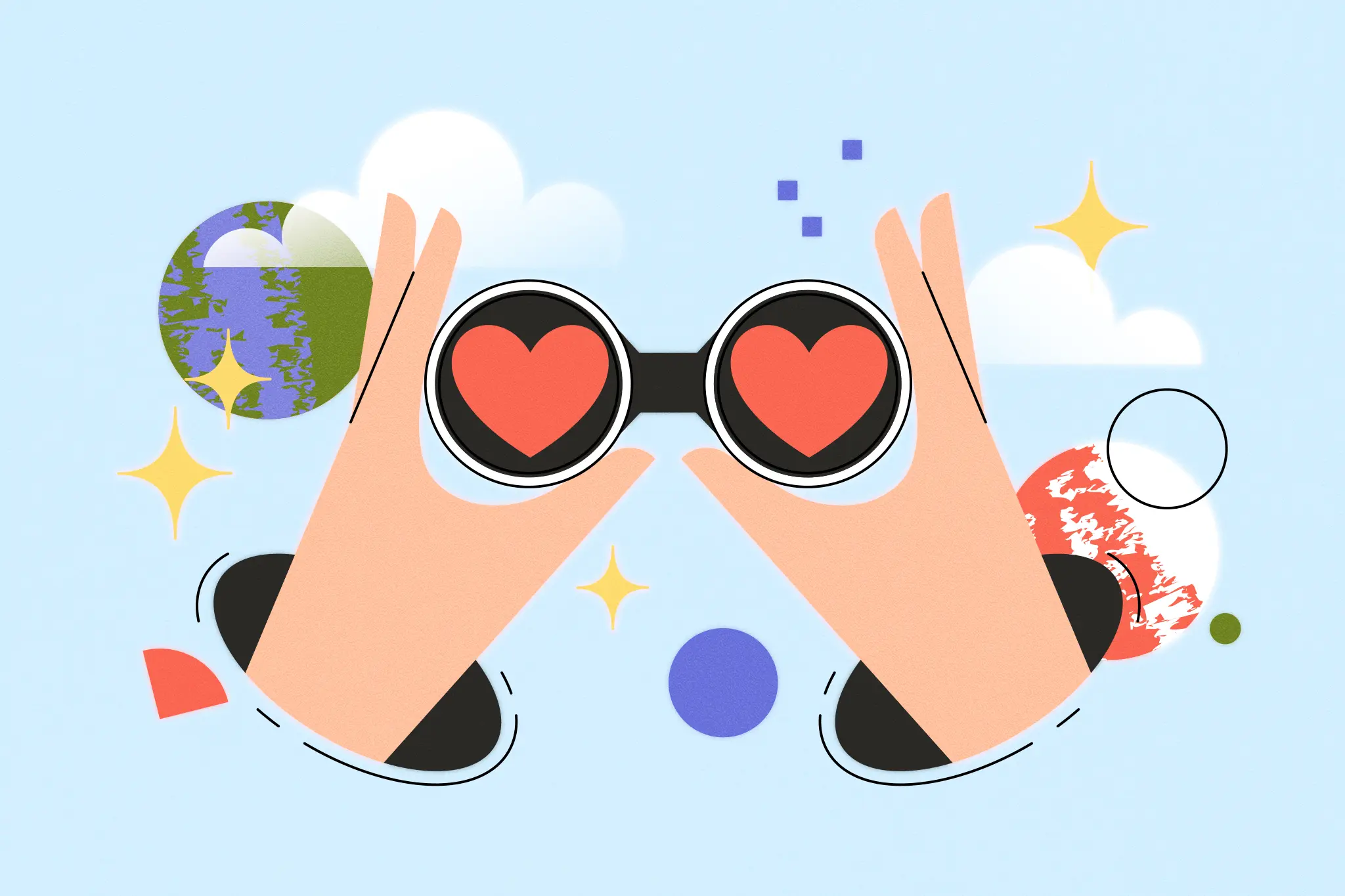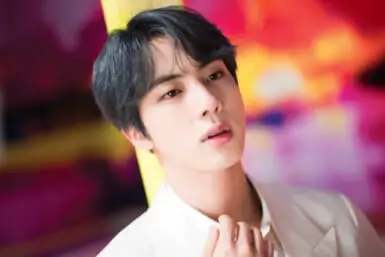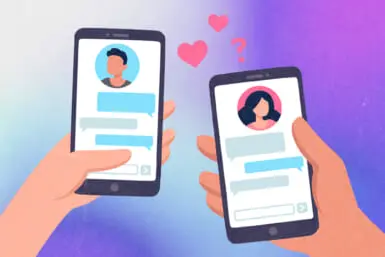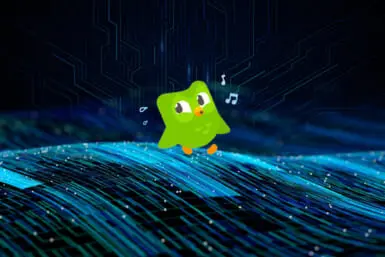If you have lived in Japan for a while, you may have come across the term “gaijin hunter.” According to Urban Dictionary, the term refers to “men and women of Asian descent who are more attracted to those of non-Asian descent.” In conversation, it usually carries a negative connotation, with the implication that gaijin hunters befriend or, more often, date with ulterior motives. Depending on who you ask, these motives can range from English practice and bragging rights about dating a non-Japanese person to asking and receiving money or marriage.
Hearing and reading about these so-called gaijin hunters can certainly create mistrust towards others, but we should remember that, of course, not everybody has ill intentions. However, that’s not to say gaijin hunters don’t exist. It’s but one consequence of Japan’s long and multilayered relationship with the West, which has certainly not always been — and sometimes isn’t — a healthy one.
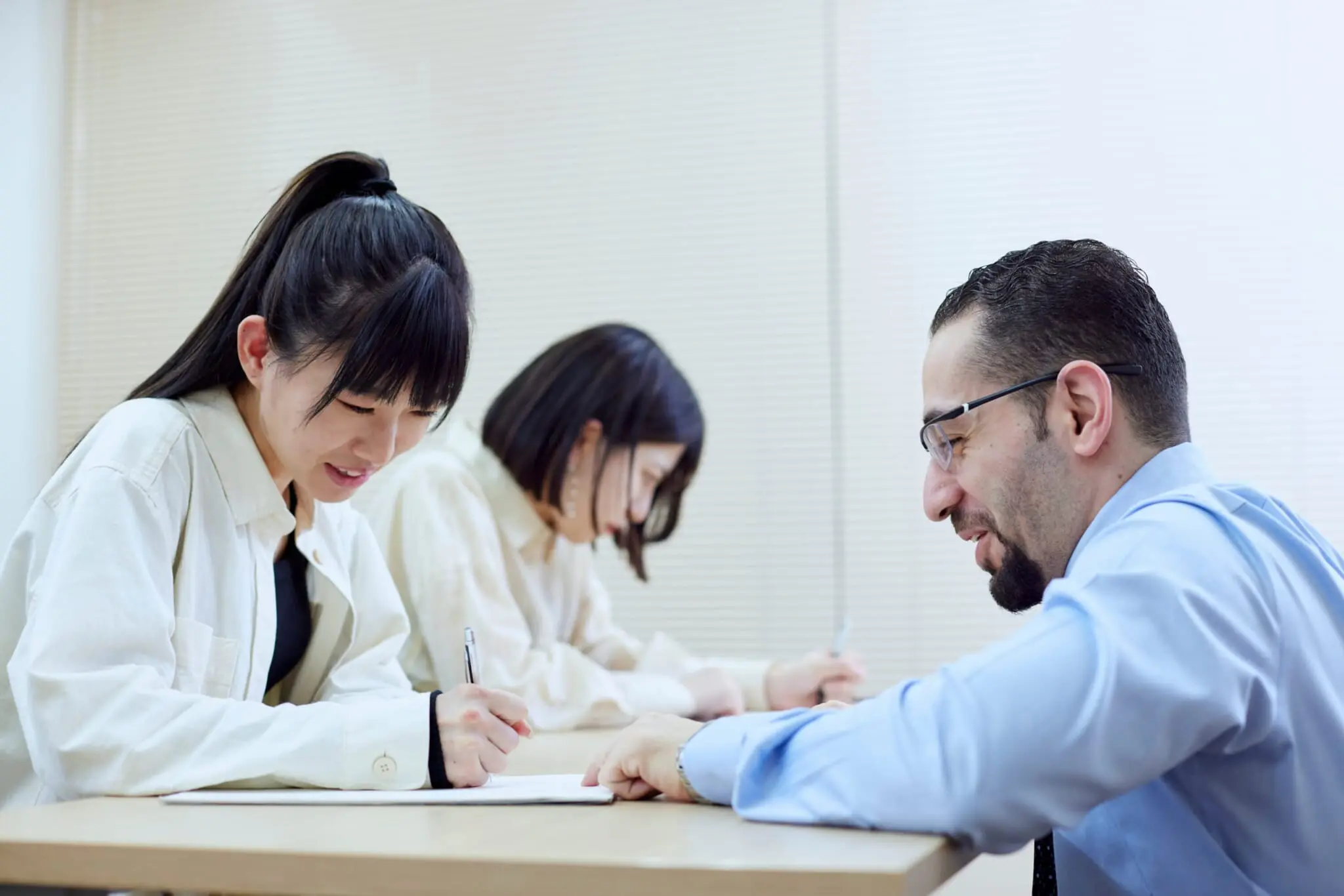
Romanticizing and the Illusion of the English Language
Despite English featuring in the Japanese education curriculum, primarily taught in junior and high schools, it’s rare that Japanese students become fluent in a second language. Studies show that less than 30% of Japanese people speak any English at all, while less than 8% claim to be fluent. Another study suggests fluency can be as low as 2%. There are many factors to consider as a potential cause for this, namely the jump from a Japonic to a Germanic language. There has also been criticism of the curriculum and teaching methods.
This doesn’t stop Japan from strongly associating English with Western culture, however. There is a common stereotype that when a Japanese person is fluent in English (or any other language), and has lived or studied abroad, there is something like a mystical aura attached to them. Often, though not always, there is also an assumption that that person comes from wealth. All of this considered, having a friend or partner who is not from Japan is, to some, something to brag about.
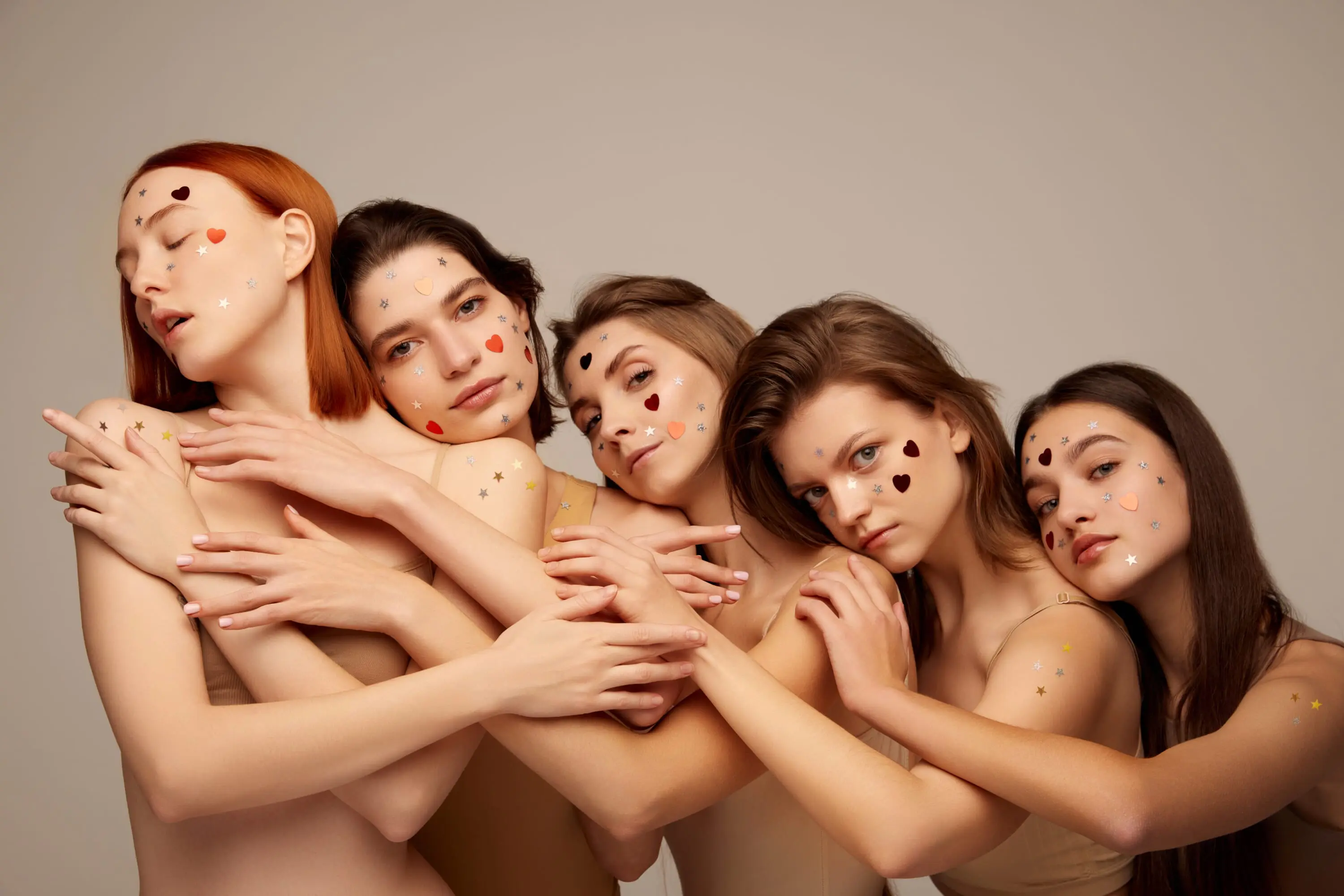
Image via Shutterstock | Anton Vierietin
Fetishizing Blonde Hair and Blue Eyes
Western beauty trends and standards first made their way into Japan in the early 20th century, but they further established themselves in the entertainment world after World War II. Audrey Hepburn, who rose to fame in the 1950s, was arguably the prime example.
This influence, which mainly comes from the consumption of Western cinema, could be the root cause behind why multiracial talents are popular. Model and influencer Rola, whose face can be seen on promotional campaigns all over Tokyo, is one example. Rola is half Bangladeshi, but she’s often envied by Japanese women for her foreign features, including light-colored eyes and hair, which are more frequently associated with Western culture. Another celebrity, Becky, who was one of the most famous TV stars in the 2000s, is similarly coveted for her looks, especially her light blue eyes.

Image via Shutterstock | Rizky Rahmat Hidayat
Fangirling Over Beautiful Boys in Manga and Anime
Manga and anime are an imminent part of Japanese culture and heavily influence social standards and ideals. Whether you are a casual or die-hard watcher of anime, you may have noticed that male love interests share a certain set of criteria.
This particular aesthetic is called bishonen and literally translates to “beautiful boy.” Modern bishonen characters started appearing in the 1970s and it’s heavily suspected that their distinct, eerie looks took after Swedish actor Bjorn Andresen. After appearing in Death in Venice in 1971, Andresen became popularly known as “the most beautiful boy in the world,” and this reputation reached Japan and influenced manga artists and animators nationwide. From the late ’70s onward, bishonen was a staple archetype to include in series, especially those meant for a female audience.
Bishonen are typically tall and slender with some feminine features such as high cheekbones. A popular example of these types of characters is Howl from Ghibli’s Howl’s Moving Castle, who is frequently described as “pretty yet handsome.”
So, do some romanticize the West to the point of earning the title of “gaijin hunter?” Probably, but it’s without a doubt a generalization to say any Japanese person with an interest in making international connections is one. Making those kinds of connections is natural thing and certainly should never be discouraged.

